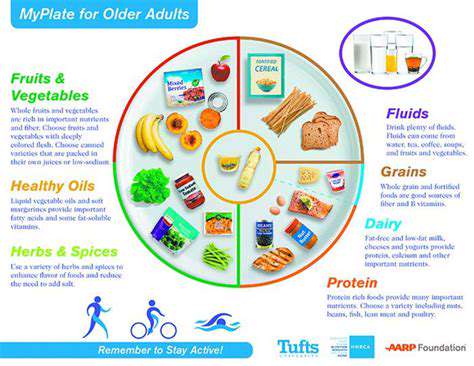Nutritional Value of Eggs
Understanding Essential Amino Acids
Essential amino acids are crucial components of protein synthesis in the body. They are called essential because our bodies cannot produce them on their own, meaning we must obtain them through our diet. These vital building blocks are necessary for a wide range of bodily functions, including the growth and repair of tissues, the production of enzymes and hormones, and the maintenance of a healthy immune system. A diet lacking in essential amino acids can negatively impact overall health and well-being.
There are nine essential amino acids: histidine, isoleucine, leucine, lysine, methionine, phenylalanine, threonine, tryptophan, and valine. Each plays a unique role in supporting various physiological processes within the body. A balanced intake of these essential amino acids is paramount for optimal health and well-being.
Eggs as a Source of Complete Protein
Eggs are renowned for their exceptional nutritional profile, particularly their complete protein content. A complete protein source contains all nine essential amino acids in the necessary proportions for the body to utilize effectively. This makes eggs a valuable dietary choice for individuals looking to support muscle growth, repair, and overall health.
The high-quality protein in eggs is easily digested and absorbed by the body, making it an ideal dietary component for various age groups and individuals with different nutritional needs.
The Nutritional Value of Egg Protein
Beyond their complete protein content, eggs boast a wealth of other essential nutrients. They contain vitamins such as vitamin D, crucial for calcium absorption and bone health, and vitamin B12, vital for nerve function and red blood cell production. Eggs are also an excellent source of choline, a nutrient vital for brain development and function, particularly in infants and children.
The presence of healthy fats in eggs contributes to satiety, promoting a feeling of fullness and aiding in weight management when incorporated into a balanced diet.
Amino Acid Profile in Egg Whites and Yolks
While both egg whites and yolks contain essential amino acids, their profiles differ slightly. Egg whites are primarily protein, making them a leaner source of protein compared to the yolks. Yolks, on the other hand, pack a significant amount of essential nutrients, including vitamins, minerals, and healthy fats. This means both parts of the egg offer unique nutritional benefits when consumed as part of a balanced diet.
Incorporating Eggs into Your Diet
Eggs are remarkably versatile and can be incorporated into a wide range of dishes, from simple breakfasts to elaborate entrees. They can be scrambled, fried, poached, or baked, and are frequently used in various cuisines worldwide. The versatility of eggs allows for their use in diverse culinary creations, making them a cornerstone of many healthy diets.
Consider the myriad ways you can prepare and enjoy eggs, experimenting with different recipes and flavors to keep meals interesting and nutritious. From breakfast omelets to pasta dishes to savory quiches, the possibilities are endless!

Chronic muscle tension refers to the persistent tightness and stiffness experienced in muscle groups over an extended period. Unlike acute muscle tension, which can arise from temporary physical stress or injury, chronic muscle tension often lingers for weeks, months, or even years. This condition can significantly impair mobility, decrease quality of life, and contribute to a range of health issues. It is essential to identify the underlying causes to effectively address and manage this uncomfortable phenomenon.

Read more about Nutritional Value of Eggs
Hot Recommendations
- Traditional Foods for Day of the Dead
- Food Etiquette in Italy: Pasta Rules!
- Best Family Friendly Restaurants with Play Areas in [City]
- Review: The Best [Specific Dessert] Place in [City]
- Top Ice Cream Parlors in [City]
- Traditional Foods for Halloween
- The History of the Potato in Ireland
- Best Vegan Pizza Joints in [City] [2025]
- Best Bakeries for Sourdough Bread in [City]
- Food Culture in Argentina: Asado and Wine











